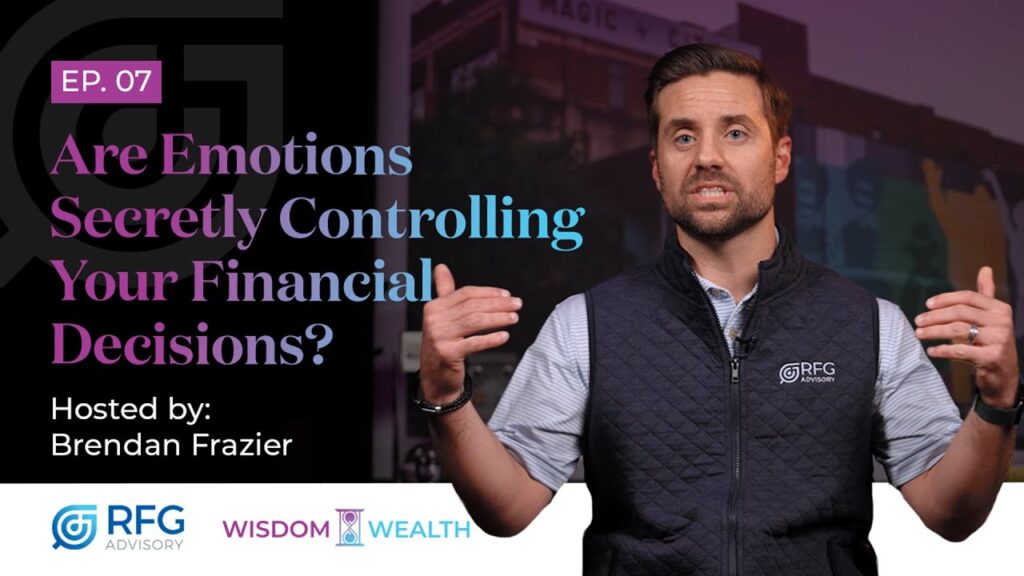Money is more than just numbers on a screen or cash in hand; it is deeply tied to human emotions, behaviors, and psychological patterns. The way people perceive, spend, save, and invest money is often influenced by emotions rather than pure logic. Understanding the psychology behind financial decisions can help individuals develop healthier money habits, avoid common pitfalls, and achieve financial stability.
The Emotional Connection to Money
Money often evokes strong emotions such as fear, anxiety, joy, and even guilt. These emotions stem from childhood experiences, societal influences, and personal financial history. Some people associate money with security, while others see it as a source of power or status. These subconscious beliefs drive financial behaviors that can either benefit or harm one’s economic well-being.
For example, individuals raised in financially unstable households may develop a scarcity mindset, leading them to hoard money or fear taking financial risks. Conversely, those who grew up in wealthy environments may take money for granted and engage in excessive spending.
The Impact of Cognitive Biases on Financial Decisions
Cognitive biases play a significant role in financial decision-making. These mental shortcuts can lead people to make irrational choices, even when presented with logical information. Some of the most common biases include:
- Loss Aversion: People tend to fear losses more than they appreciate gains. This can prevent individuals from making sound investment decisions or taking necessary financial risks.
- Overconfidence Bias: Many people believe they are better at managing money than they actually are, leading to risky financial behavior and poor investment choices.
- Anchoring Effect: The tendency to rely too heavily on the first piece of information encountered. For example, if an investor sees a stock price initially set at $100, they may be unwilling to buy it at $80, even if it is a great deal.
- Herd Mentality: Following the crowd, especially in financial markets, can lead to bubbles and crashes. Many investors buy assets just because others are doing so, rather than evaluating their intrinsic value.

Emotional Spending and Retail Therapy
Many individuals turn to spending as a way to cope with stress, anxiety, or depression. This phenomenon, known as retail therapy, is a temporary emotional relief mechanism that often leads to financial regret. Emotional spending can be triggered by external factors such as advertising, social media, or peer pressure. Marketers use psychological tactics to tap into consumer emotions, encouraging impulsive purchases through limited-time offers, discounts, and social proof.
To combat emotional spending, individuals can practice mindfulness, set spending limits, and focus on long-term financial goals rather than short-term gratification.
The Role of Stress and Financial Anxiety
Financial stress can take a toll on mental and physical health. Worrying about debt, job security, or unexpected expenses can lead to anxiety, depression, and even physical ailments like high blood pressure. The uncertainty surrounding financial stability often drives individuals to make rushed, emotion-driven decisions that may not be in their best interest.
One way to reduce financial stress is by developing a solid financial plan, creating an emergency fund, and seeking professional financial advice. Having a structured approach to money management can provide a sense of control and alleviate anxiety.
How to Make Rational Financial Decisions
To overcome the emotional influences on money management, individuals can adopt strategies that encourage rational decision-making:
- Set Clear Financial Goals: Establishing short-term and long-term financial objectives can help individuals stay focused and resist impulsive decisions.
- Use the 24-Hour Rule: Before making a non-essential purchase, wait 24 hours to determine if it is a genuine need or an emotional impulse.
- Automate Savings and Investments: Removing manual decision-making from the equation can prevent emotional interference in financial planning.
- Educate Yourself: Understanding financial principles, such as investing, budgeting, and debt management, can empower individuals to make informed choices.
- Seek Professional Guidance: A financial advisor or therapist specializing in financial psychology can provide insights into behavior patterns and offer strategies to improve financial well-being.
Conclusion
The psychology of money is a powerful force that influences financial decisions in ways many people do not even realize. Emotions, cognitive biases, and stress can all impact how individuals manage their finances. By becoming aware of these psychological tendencies and implementing strategies to counteract emotional decision-making, individuals can achieve greater financial stability and success. Understanding the emotional connection to money is the first step in transforming financial habits and making smarter, more informed financial choices.





